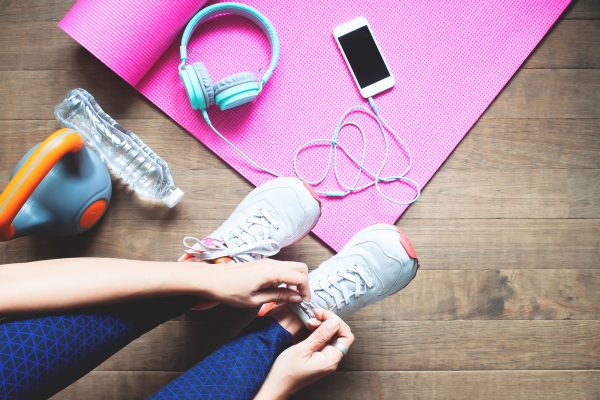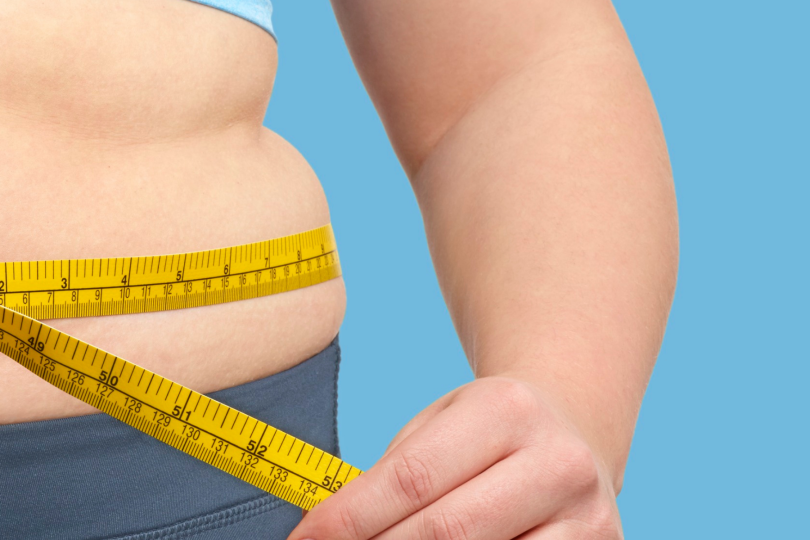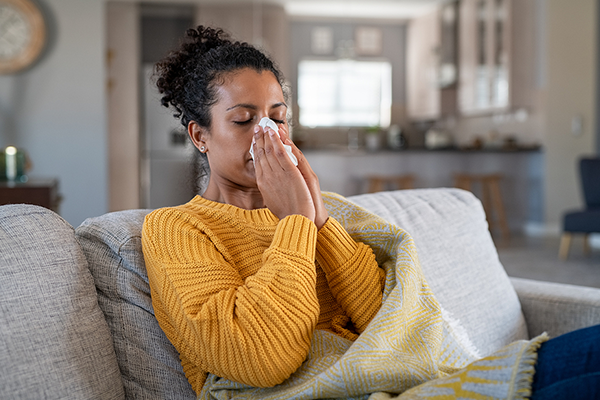We all know the rules: To get healthy, we should eat better, exercise, drink more water and get plenty of sleep.
But guess what? Sometimes rules are made to be broken.
“Most of us need to be reminded about these health guidelines,” said Dr. Jacqueline DuBose, a primary care physician with Augusta University Family Medicine, “but some of us fall into the trap of thinking that if a little is good, more is better. And that’s not always the case.”
In fact, overdoing positive health rules can actually end up harming your health. Here’s how:
Old rule: Add more fruit and vegetables to your diet.
New guideline: Do this, but be cautious of juices and smoothies.
Is it your habit to gulp down a glass of orange juice in the morning or order up a tall smoothie for a quick and easy lunch? You might be congratulating yourself on getting in your fruit and vegetables in an easy and delicious way, but hold on.
Just an 8 oz. glass of OJ has 112 calories and franchise smoothies can range from 250 up to 900 calories, says DuBose.
“That last number is about half the daily calorie intake for a 180-pound man,” she said. “And the nutritional payoff of juices is lost when you think about how much sugar you’re also drinking – in fact, you may as well have a soda.”
Whole fruits and vegetables are a better choice. But if you love juices and smoothies, use a 4 oz. juice glass and invest in a home blender to whisk up your own just-as-delicious and healthier smoothies, using spinach, fruit and low-fat yogurt or skim milk.
Old rule: Want to lose weight? Start exercising.
New guideline: To get in shape, ease into exercising.
Your goal might be to run a 5K, but don’t start there: Start slow, then get more vigorous as you get stronger.
“Especially around the New Year, most folks tend to throw themselves into vigorous exercise, then give up five or six weeks later when they’re hurt, tired or burned out,” DuBose said.
Worse, the discouragement you then feel can keep you from trying again until the next New Year, when the cycle begins all over.
The current American Heart Association recommendation is 150 minutes of moderate exercise a week, or 30 minutes of exercise five days a week. (You can even break this down even further to 15-minute increments if that’s better for your schedule.) “Moderate” is defined as a pace where you are able to carry on a conversation. You should also add in muscle strengthening exercises twice a week to build up your core muscles as well as large muscles in the arms and legs. Need help? Invest in a few sessions with a certified personal trainer.
Old rule: Drink plenty of water.
New guideline: Drink when you’re thirsty.
Many people may not be aware of this, but drinking too much water – also known as hyponatremia – can overwhelm the kidneys and dilute the salt concentration in the blood, leading to lightheadedness, dizziness and puffiness in early stages and, in more severe cases, headache, vomiting, confusion, seizures and coma, which can be life-threatening.
“The average person needs the equivalent of eight glasses of water a day or two quarts,” DuBose said. “Fluid in food such as milk or soup counts, too.”
Athletes and women who are pregnant or breastfeeding may need more fluid, but if you’re a typical person with a normal activity level and you’re drinking more than three quarts a day, that’s probably too much. One easy sign? You’re constantly going to the bathroom. Another is the color of your urine: It should be straw-colored or light yellow, not clear.
Note: If you are thirsty all the time, you may want to talk to your doctor, as that could be a sign of an underlying condition, such as diabetes or a problem with your pituitary gland.
Old rule: The more sleep, the better.
New guideline: For best sleep, the magic number is seven.
According to the National Sleep Foundation, most healthy adults need about seven to nine hours of sleep – but seven is the better number if you want to reduce your risk for diabetes, obesity, cognitive impairments such as Alzheimer’s disease and vascular dementia, and mobility issues or chronic pain later in life.
“Sleeping in on the weekend is fine,” DuBose said, “but if you’re accumulating 10 hours of sleep on a regular basis but still feel tired when you wake up, you might have an underlying sleep issue such as sleep apnea or restless legs syndrome. Just talk to your doctor if you’re sleeping a lot but aren’t experiencing a high quality of sleep.”





